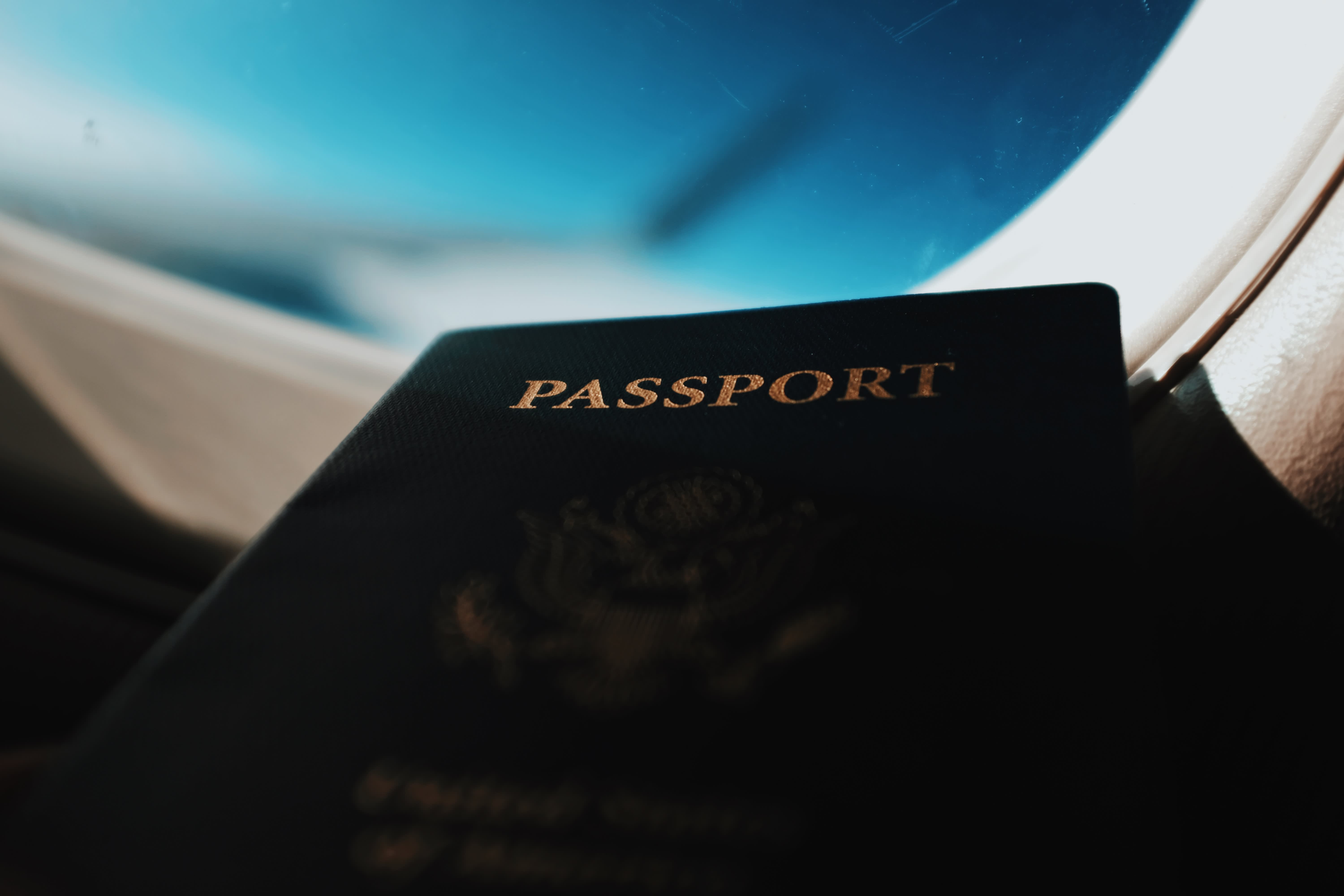How to move to Germany in 11 steps
Relocating to Germany calls for plenty organisation but with our checklist you can be sure you don't forget any of the important steps!
Marle
Moving to Germany is no easy feat. But with a bit of patience and planning, you’ll be rewarded with the many perks of living in Germany.
Ready to start your relocation to Germany? To help you out, we’ve made a step-by-step checklist on moving to Germany.

How to move to Germany
To make your dream of living in Germany come true, you need to know where to start.
Here're the steps for how to move to Germany:
- Pick a German city to live in
- Research study or work opportunities
- Prepare a budget that fits the cost of living
- Find out the requirements to get German residence
- Search for housing in Germany
- Translate and legalise documents
- Apply for health insurance
- Wrap up and get your tickets to Germany
- Register in the Town Hall
- Open a German bank account
- Apply for your residence permit

1. Pick a German city to live in
If you don’t have a specific destination in mind yet, take a moment to research the best cities to live in Germany. Find out which city best caters for your needs and wants.
For example, exploring homes for rent in Munich might be the top choice for those seeking a safe, family-friendly living with a highest quality of life. But when it comes to culture and nightlife options, finding houses for rent in Berlin would be your best bet.
2. Research study or work opportunities in Germany
Another factor that can help you decide to move to Germany is checking opportunities. Start by researching career or study opportunities in your field.
Students:
If you’re planning to pursue your university degree, figure out what it’s like to study in Germany. Can you work next to your studies? Or maybe you can get a scholarship to lessen the financial load?
Working professionals:
If you’re moving to Germany for work, make yourself familiar with German work culture and the average salaries.
Do you want to work for yourself? Check what it takes to become a freelancer or open your own business in Germany.
3. Prepare a budget that fits the cost of living
Can you afford to live in Germany? Prices in Germany vary greatly per city. So, you can only answer that question when you look into the cost of living in your destination:
4. Find out the requirements to get a German residence
If you're moving to Germany from the EU, you can easily change your place of residence without much headache. You just need to register your new address.
However, if you’re from a non-EU country, getting familiar with the requirements of your student visa or work visa is one of the most important steps.
To make sure you always have access to it, it's best to create your relocation folder on Google Drive or Dropbox to gather all the important information in one place.
Jen, an expat who moved from Guatemala to Germany, and Yvonne, a German native, share their insights on the essential steps to kickstarting your new life in Germany:
5. Search for housing

Proof of accommodation is one of the documents you’ll need to submit with your visa application. Not only that but starting your house search in Germany early will also help you reduce the stress of moving as you’ll have plenty of time to find the right place.
Look into different neighbourhoods and what they offer. For instance, as a student, you might want to consider more affordable options with good public transport connections, not too far from the action. In that case, it’s a good idea to save some money by getting a room in a student accommodation.
Let’s take a quick look at the average rent prices in Germany:
| City | Room | Studio | Apartment |
|---|---|---|---|
| Berlin | €790 | €1,300 | €1,700 |
| Frankfurt | €800 | €1,093 | €1,400 |
| Hamburg | €725 | €1,350 | €1,500 |
| Munich | €890 | €1,498 | €1,800 |
Once you find your new home, don’t forget to carefully read your rental agreement before signing and ask the landlord questions if you have any. If the monthly price doesn’t include service costs, you’ll need to set up utilities.
6. Translate and legalise documents before you arrive in Germany
Before departing to Germany, make sure you’ve all your important documents translated into German and apostilled. Think getting your diplomas recognised, birth and marriage certificates or divorce papers.
7. Apply for health insurance
Make sure you’ve got the right health insurance coverage for your purpose of stay.
As a student, you’re not even allowed to enrol in a German university unless you’ve got a valid insurance plan. Luckily, if you've to take one out in Germany, you’ll be offered a fair student tariff.
If you're moving to Germany for work, you'll get a certificate from your employer stating that they cover your compulsory insurance to be able to work there. But if you don’t have a European Health Insurance Card, you might need to take out additional travel insurance to cover the period until the start of your employment.
8. Wrap up and get your tickets to Germany

A month before leaving, you should cancel your rental contract, utilities, and any local subscriptions such as gym memberships. It’s also a good time to buy your plane or train tickets — the earlier you do that, the less you’ll end up paying!
If needed, arrange the shipment of your belongings to Germany. Aaaand you’re all set!
Are you moving with your pet to Germany? Then you need to make sure your pet is microchipped and has the right documentation before you travel.
9. Register in the Town Hall
One of the first things you should do after moving to Germany is registering your new address in the citizen’s office (Bürgeramt).
You’ll need your certificate of registration for things like applying for a residence permit and opening a bank account.
After the registration, you’ll automatically receive your Tax ID within 2–3 weeks by post.
10. Open a German bank account
Before you can pay your rent, receive a salary or even get a gym membership, you need to obtain a German bank account and transfer your funds there. Even though it's still common to hear ‘cash only’ in Germany, the sooner you’ll have a local bank account, the easier it will be to pay and do administrative tasks there.
11. Apply for your residence permit
Once you’ve got your registration certificate, bank account and health insurance, you can submit your residence permit application to the Foreigners’ Office (Ausländerbehörde).
Want to know more about Moving to Germany? Download the free e-book by filling out the form below.
This article is for informational purposes only.
Please reach out to content @housinganywhere.com if you have any suggestions or questions about the content on this page. For legal advice or help with specific situations, we recommend you contact the appropriate authorities.
Related articles
In this article
How to move to Germany
1. Pick a German city to live in
2. Research study or work opportunities in Germany
3. Prepare a budget that fits the cost of living
4. Find out the requirements to get a German residence
5. Search for housing
6. Translate and legalise documents before you arrive in Germany
7. Apply for health insurance
8. Wrap up and get your tickets to Germany
9. Register in the Town Hall
10. Open a German bank account
11. Apply for your residence permit
Moving to Germany?
Find accommodation in cities across Germany. Book the place of your dreams from verified landlords even before relocating!
Start my Search

